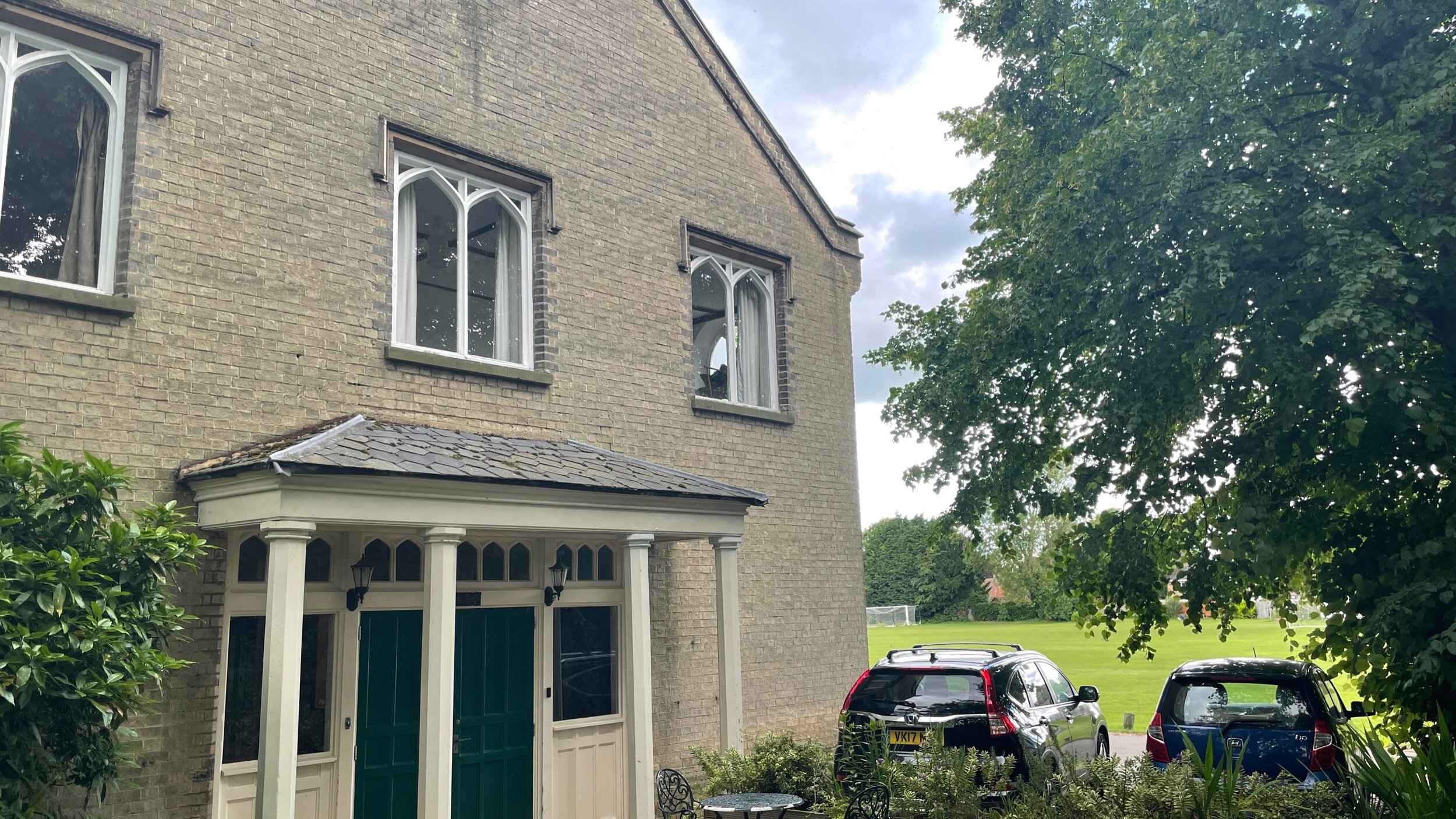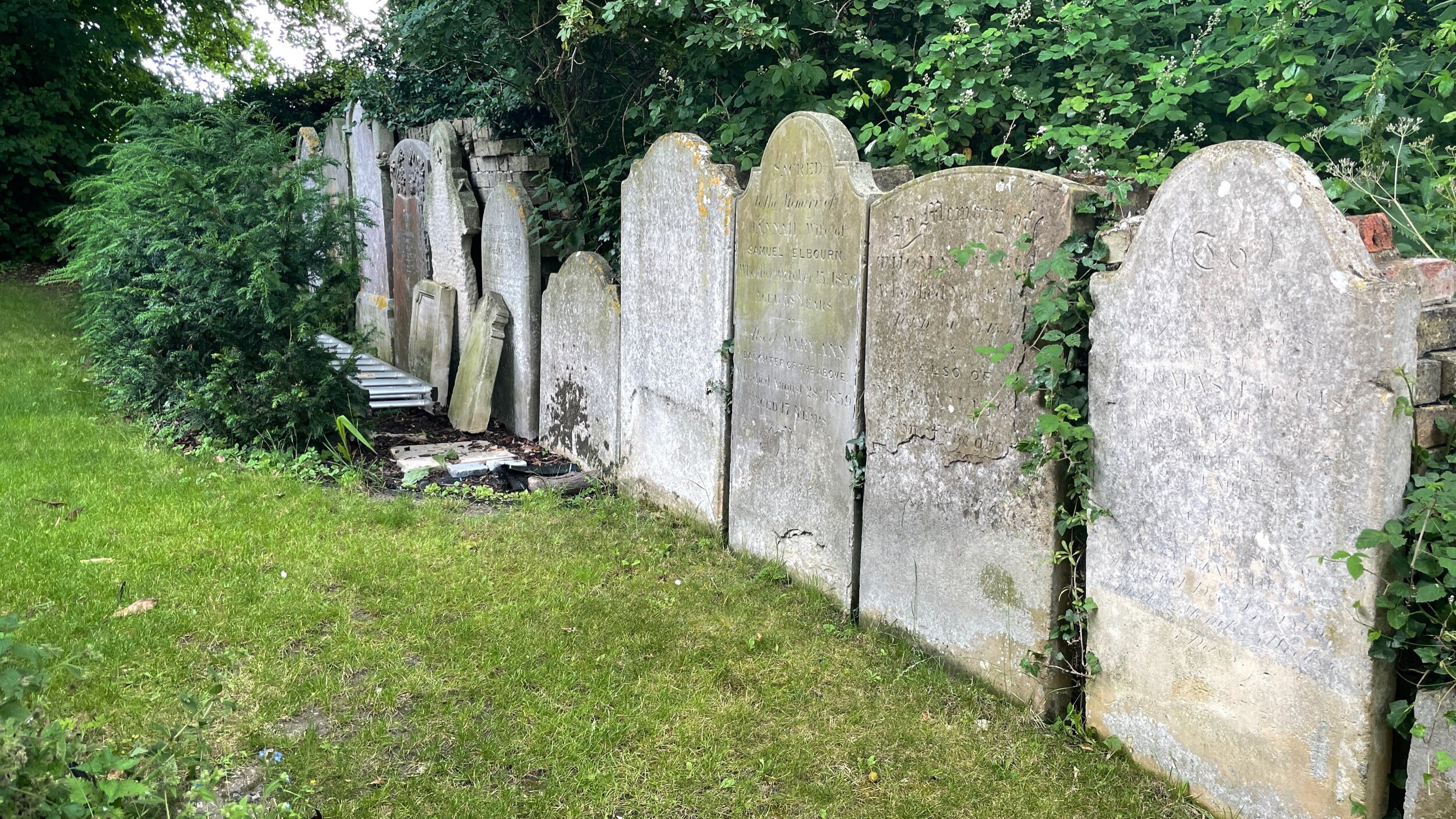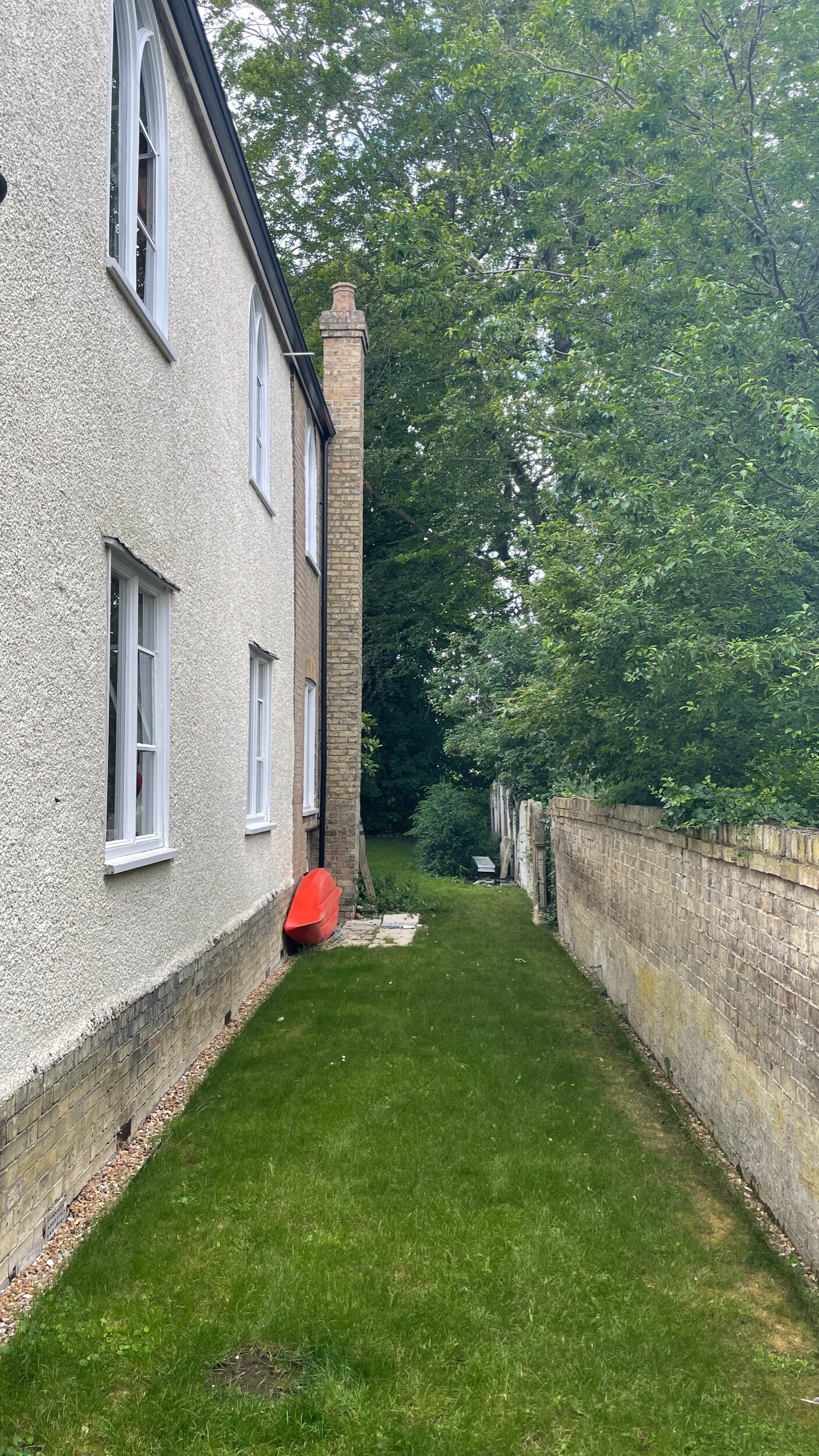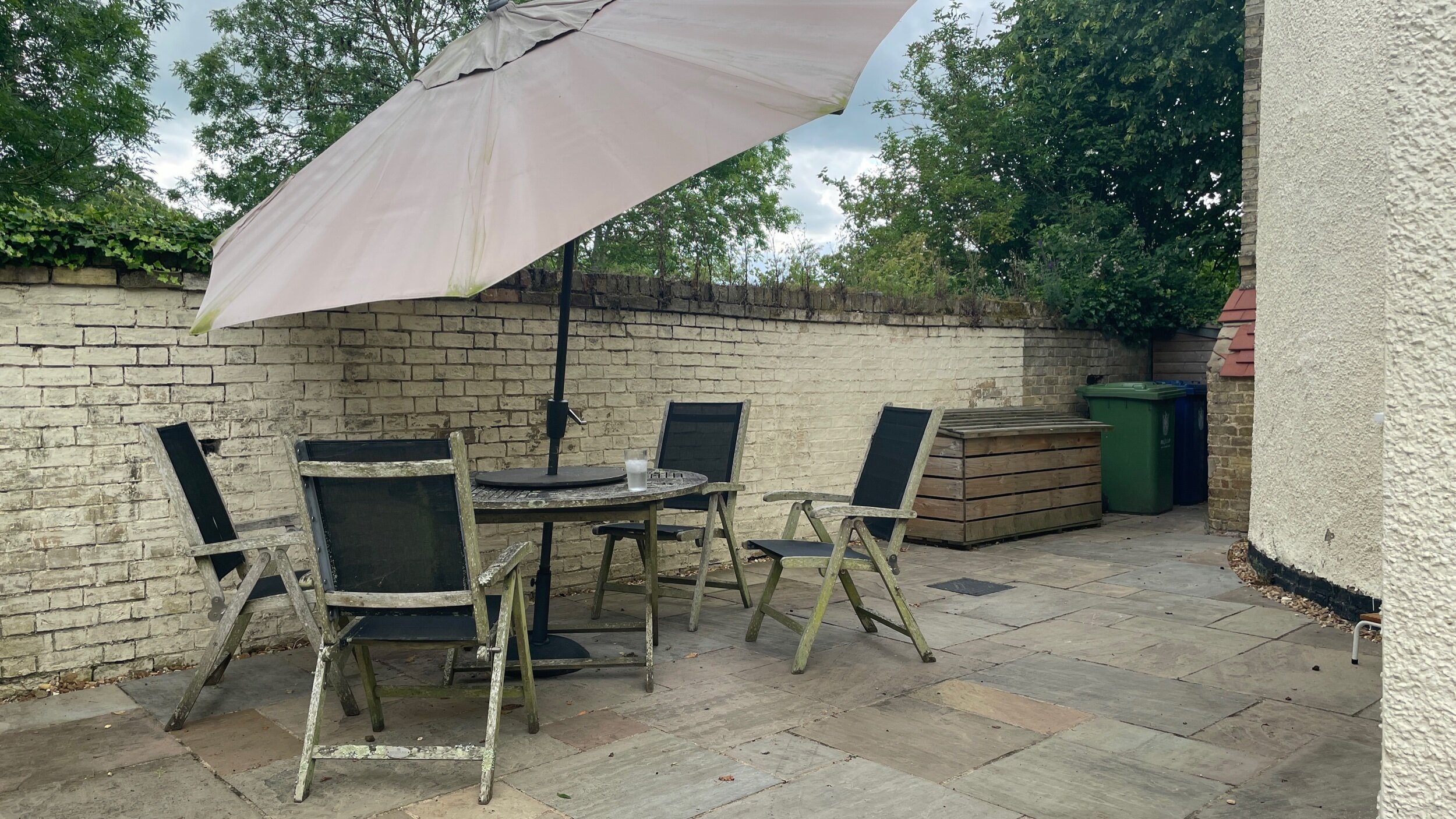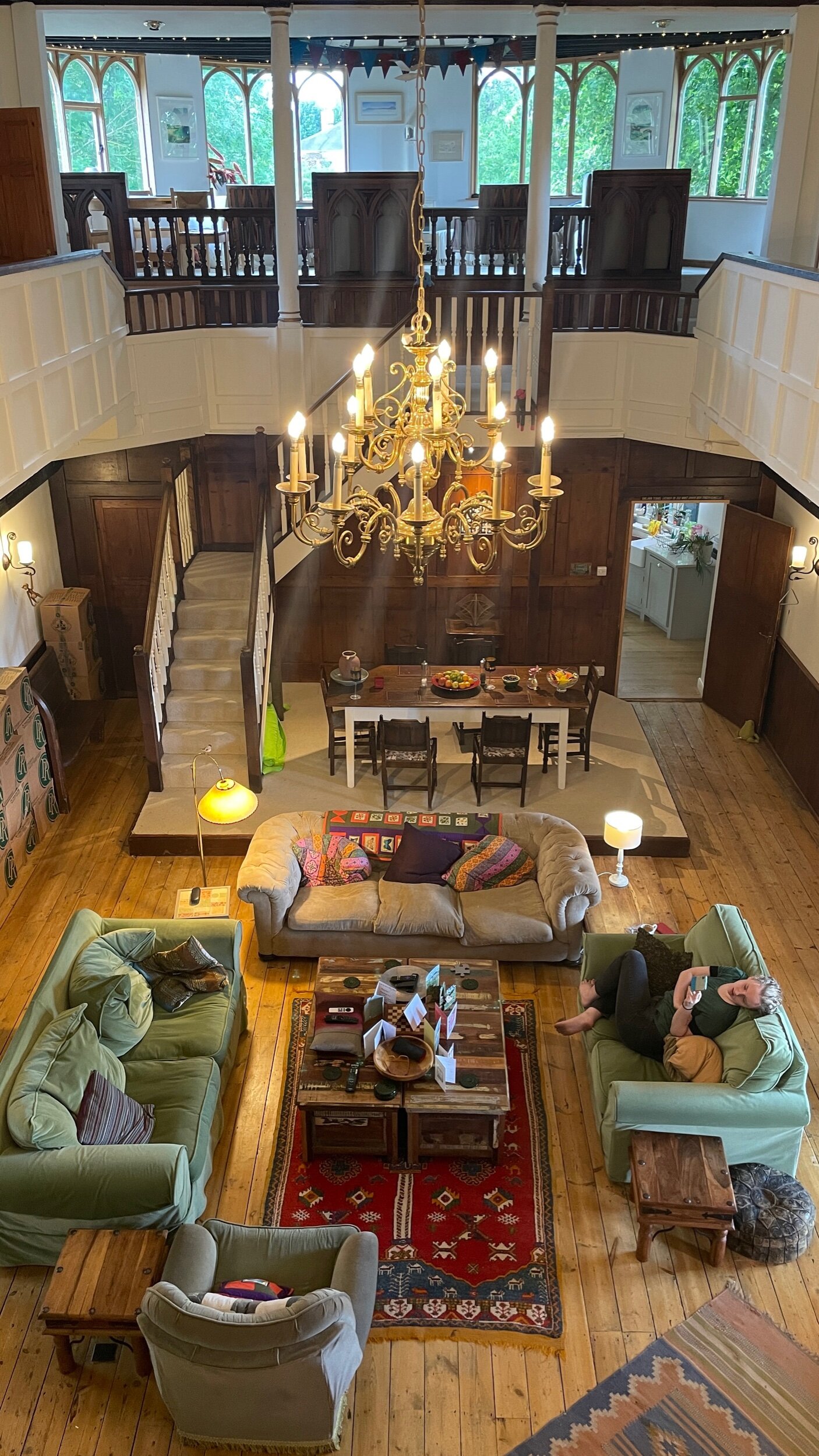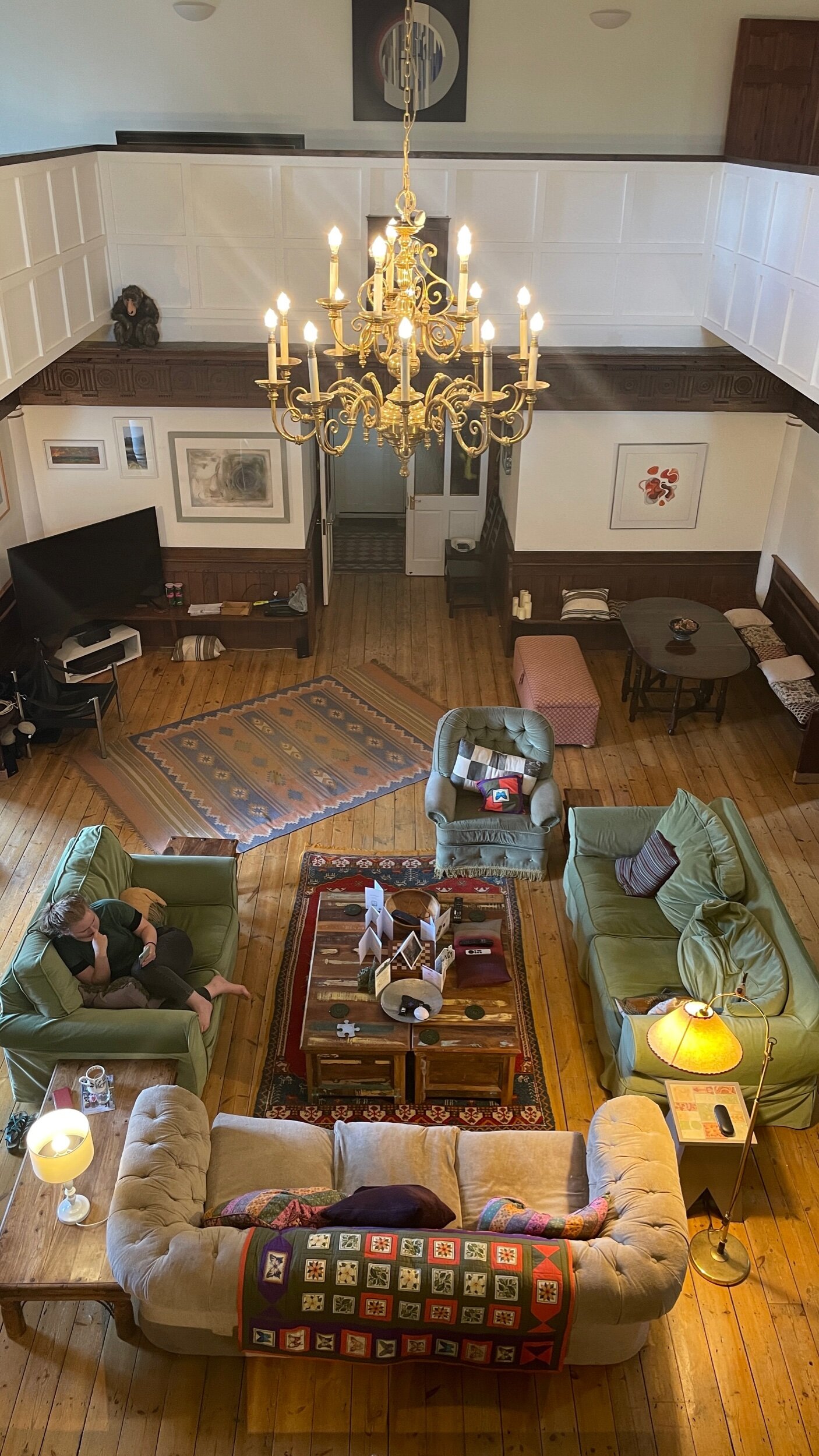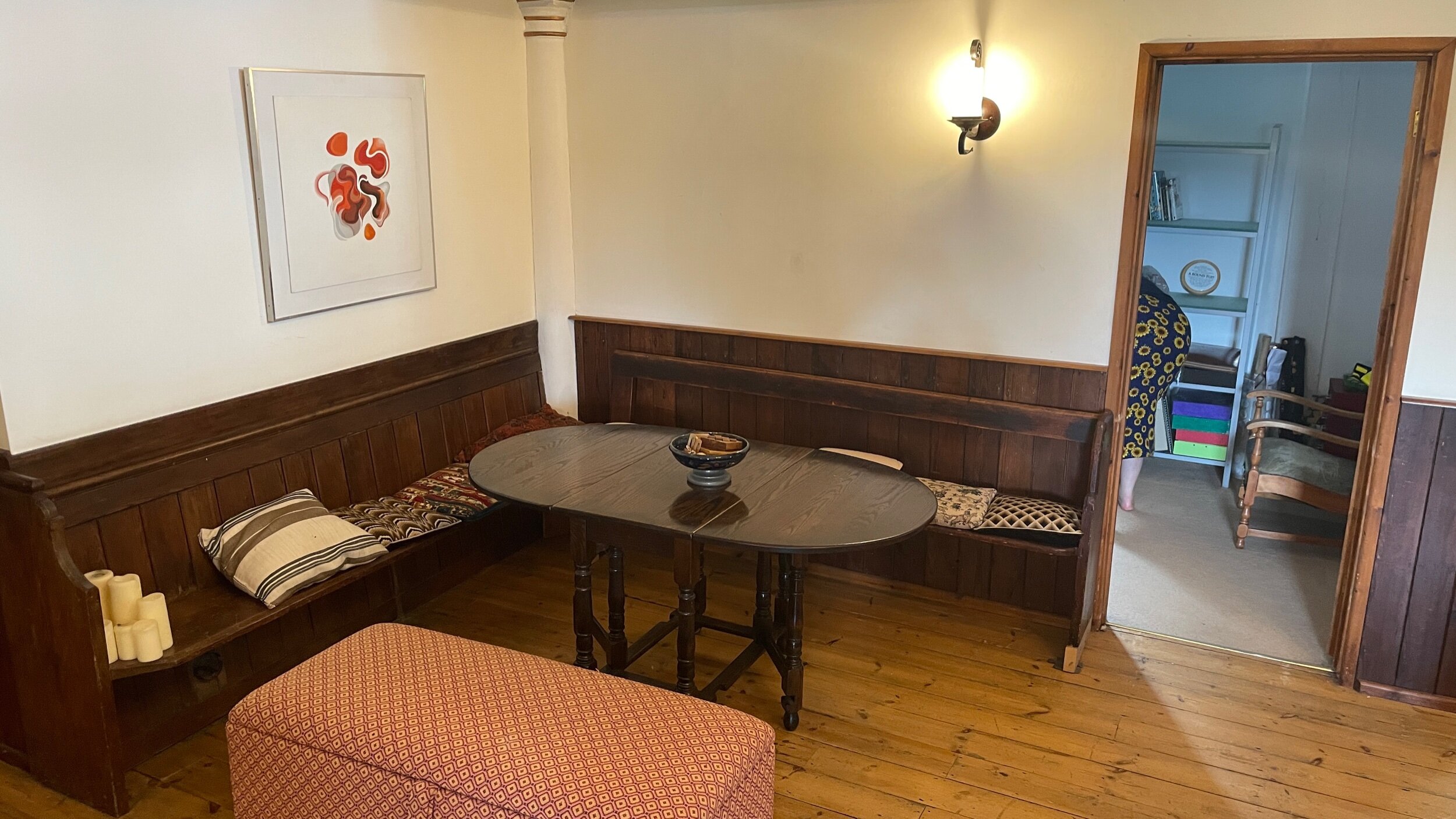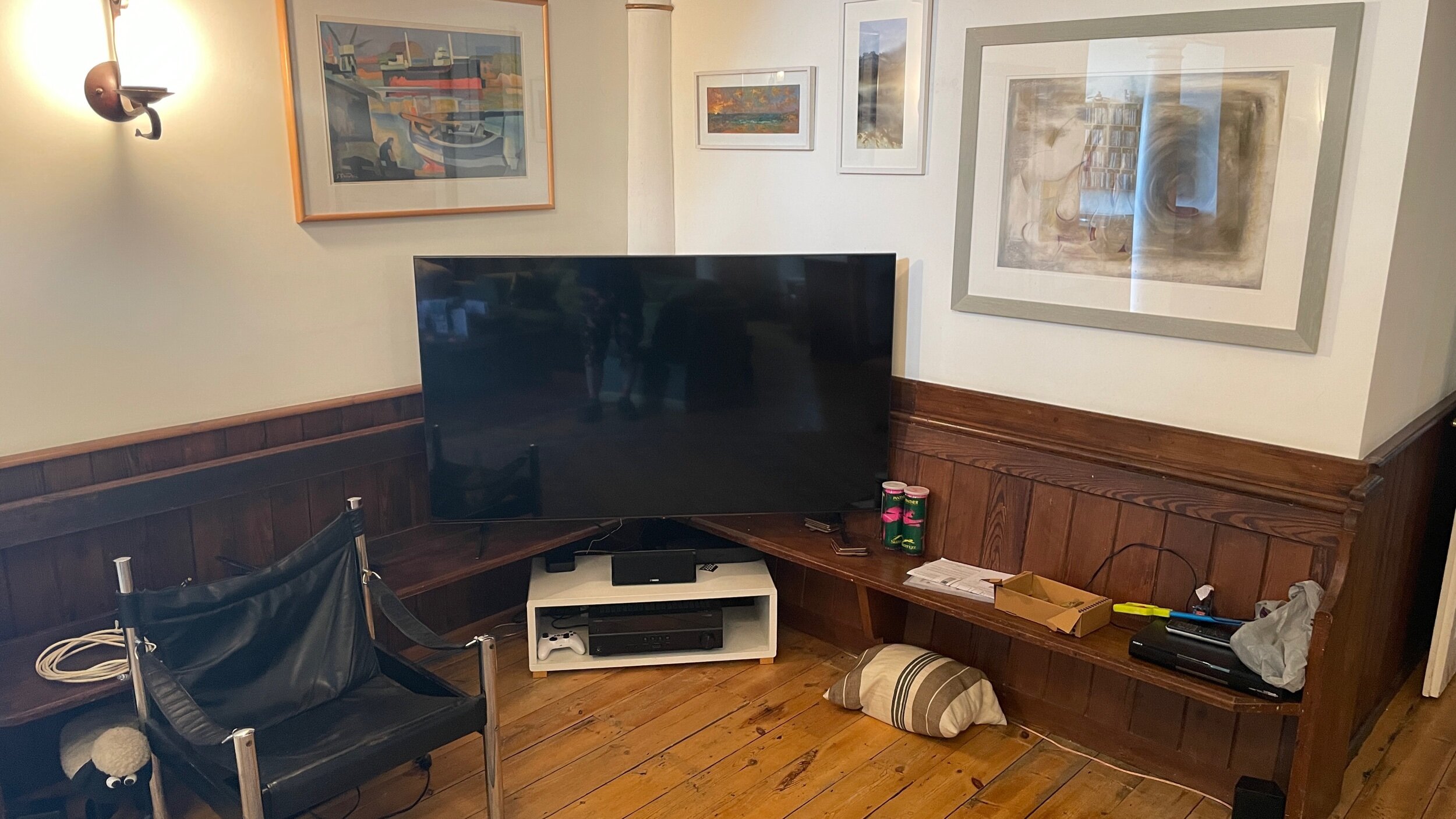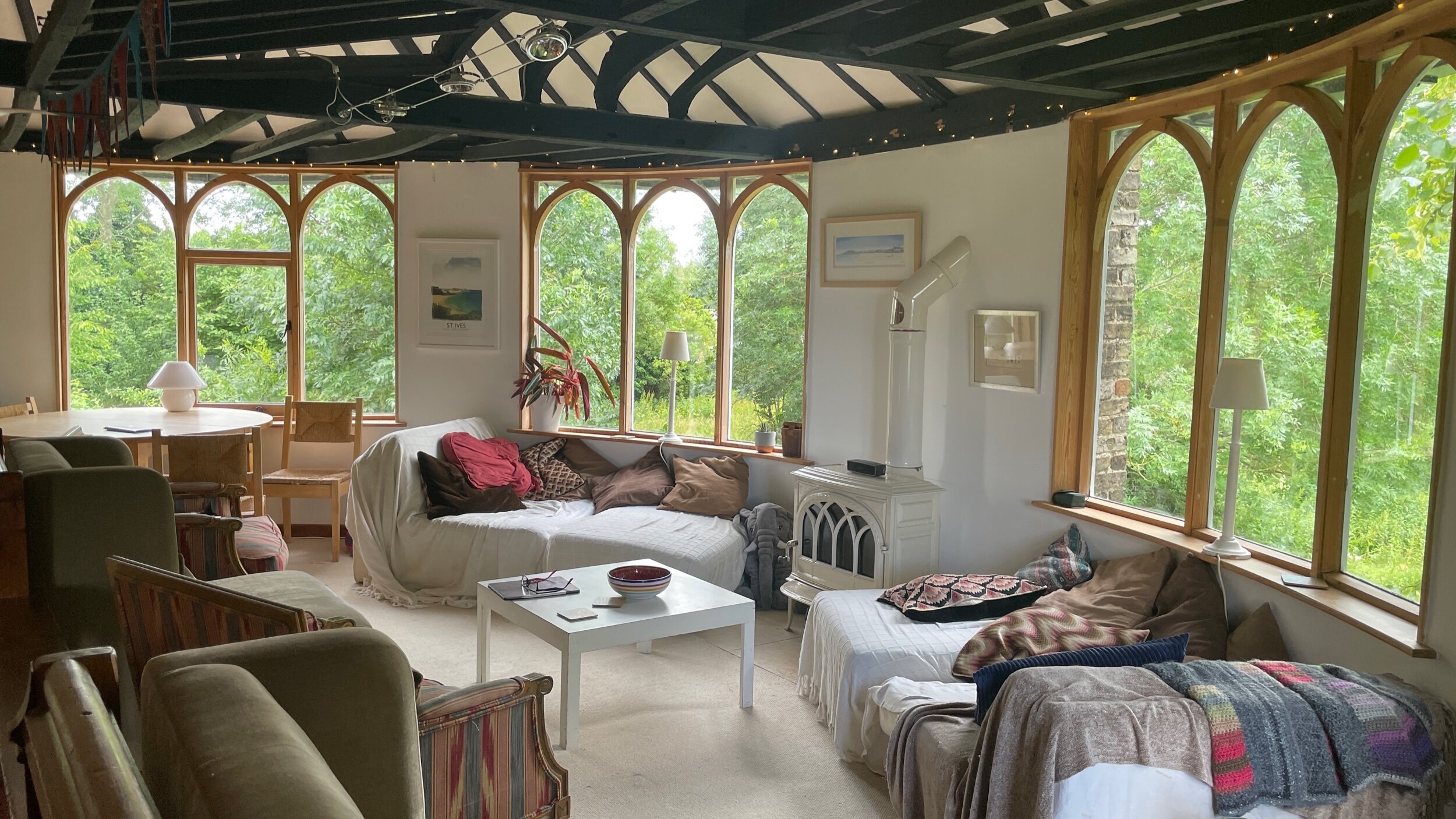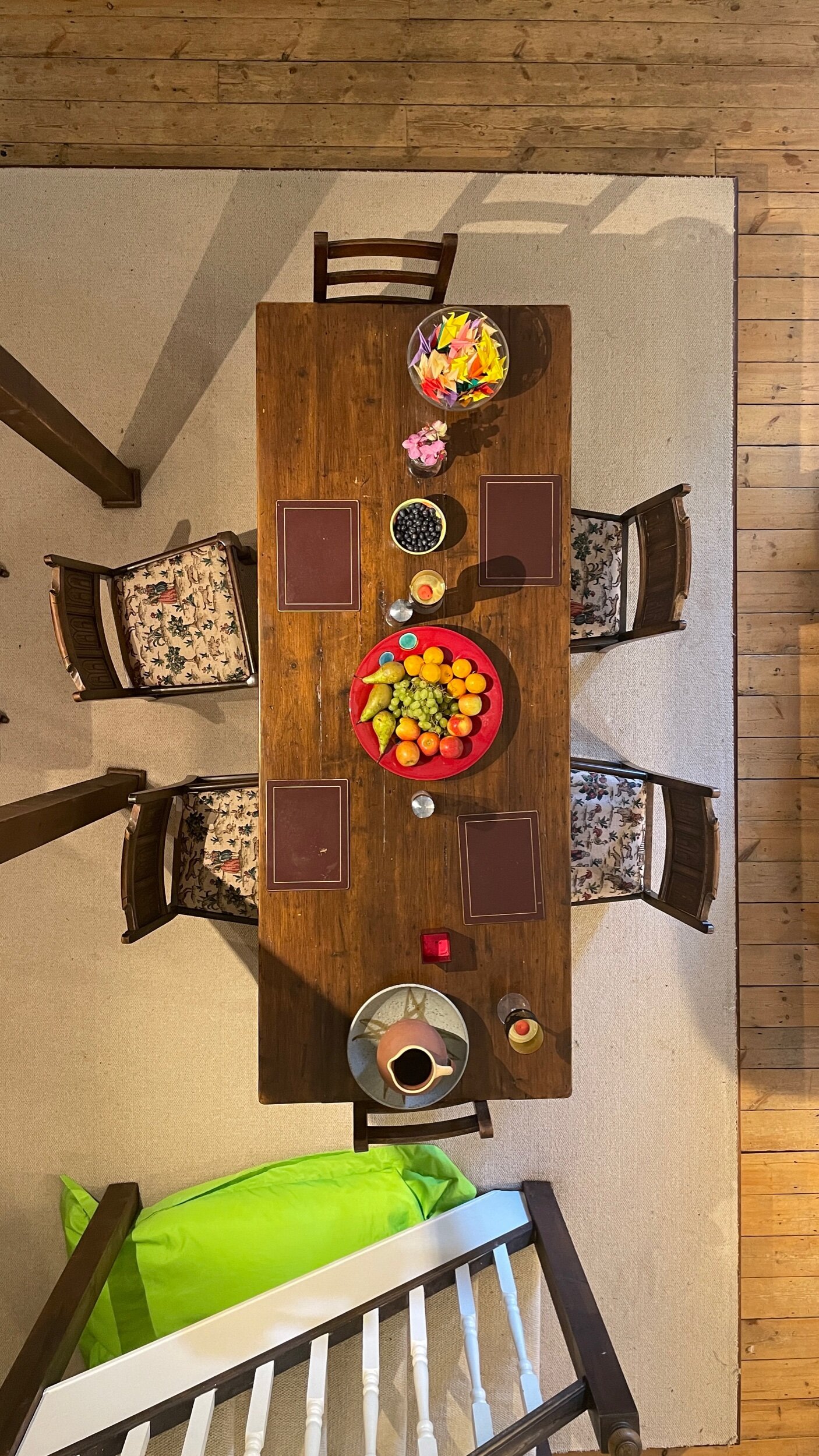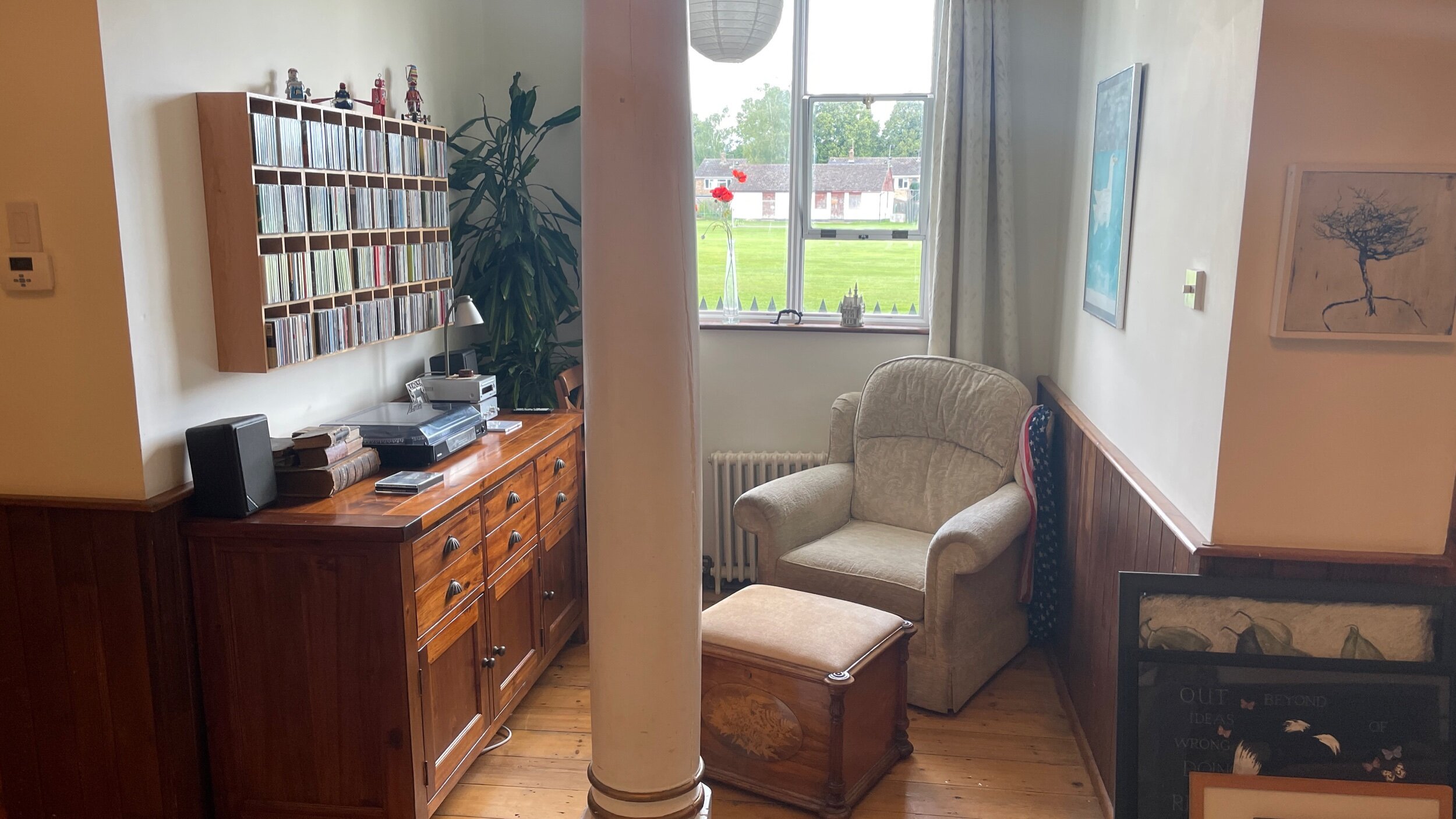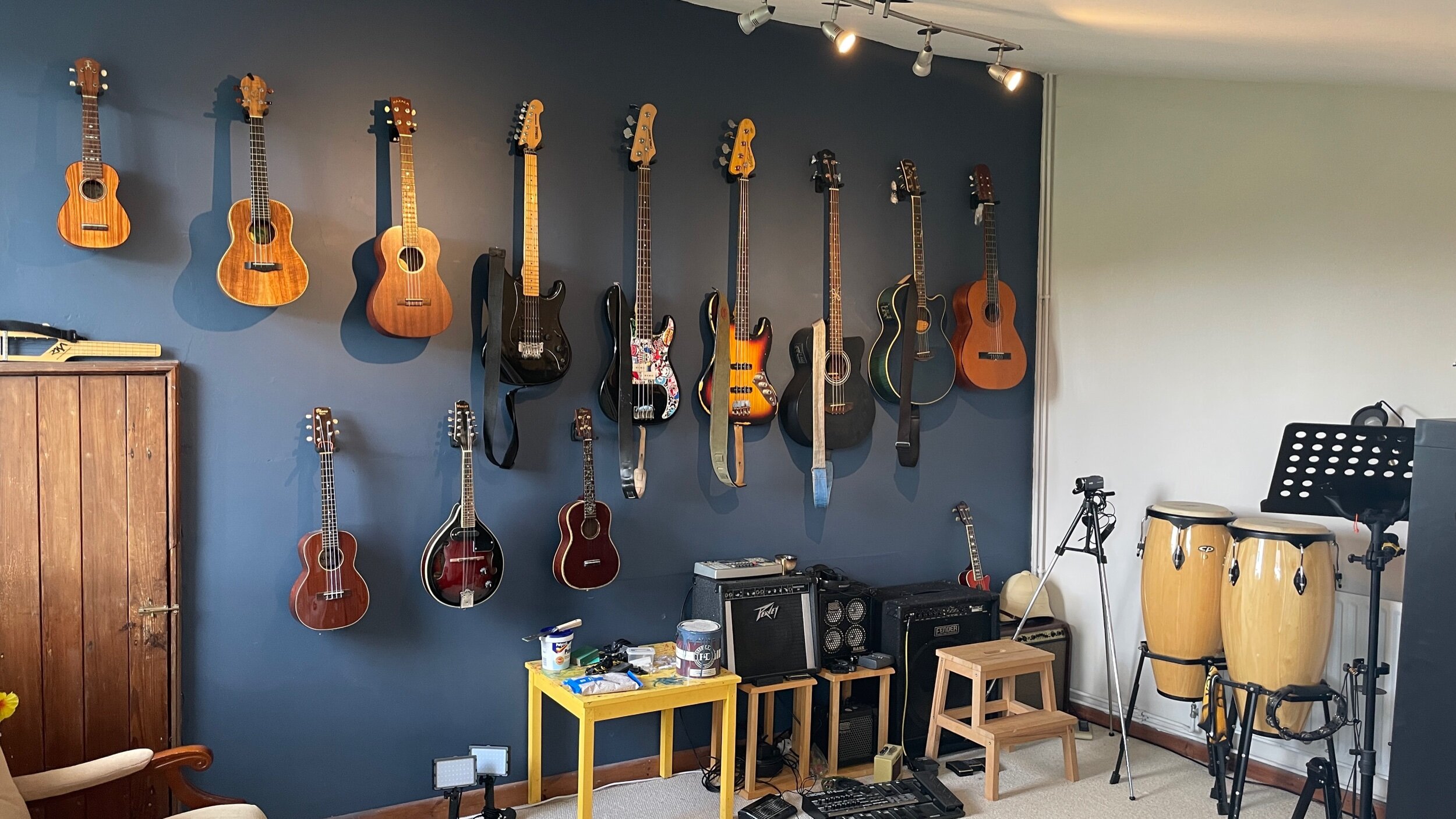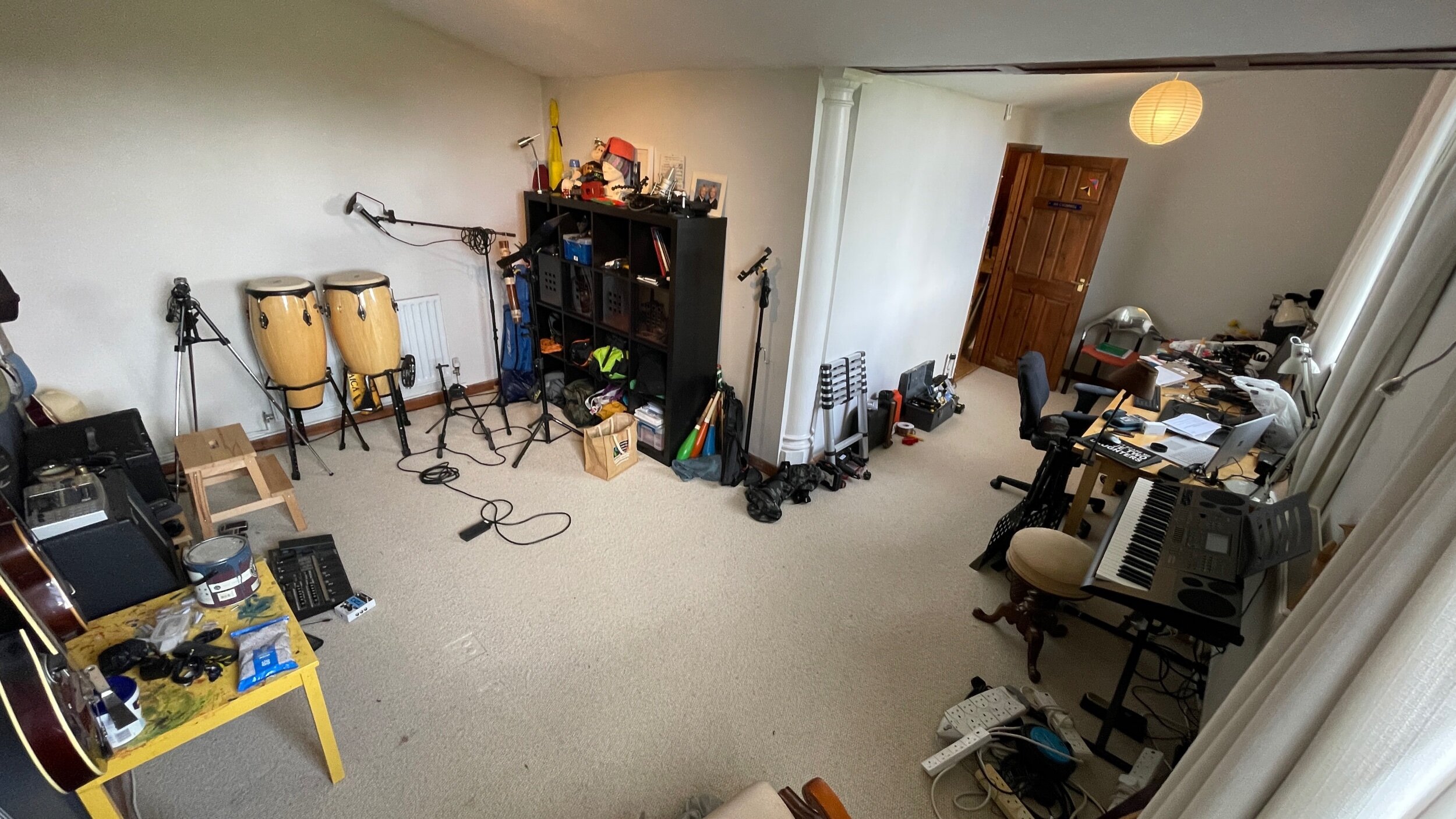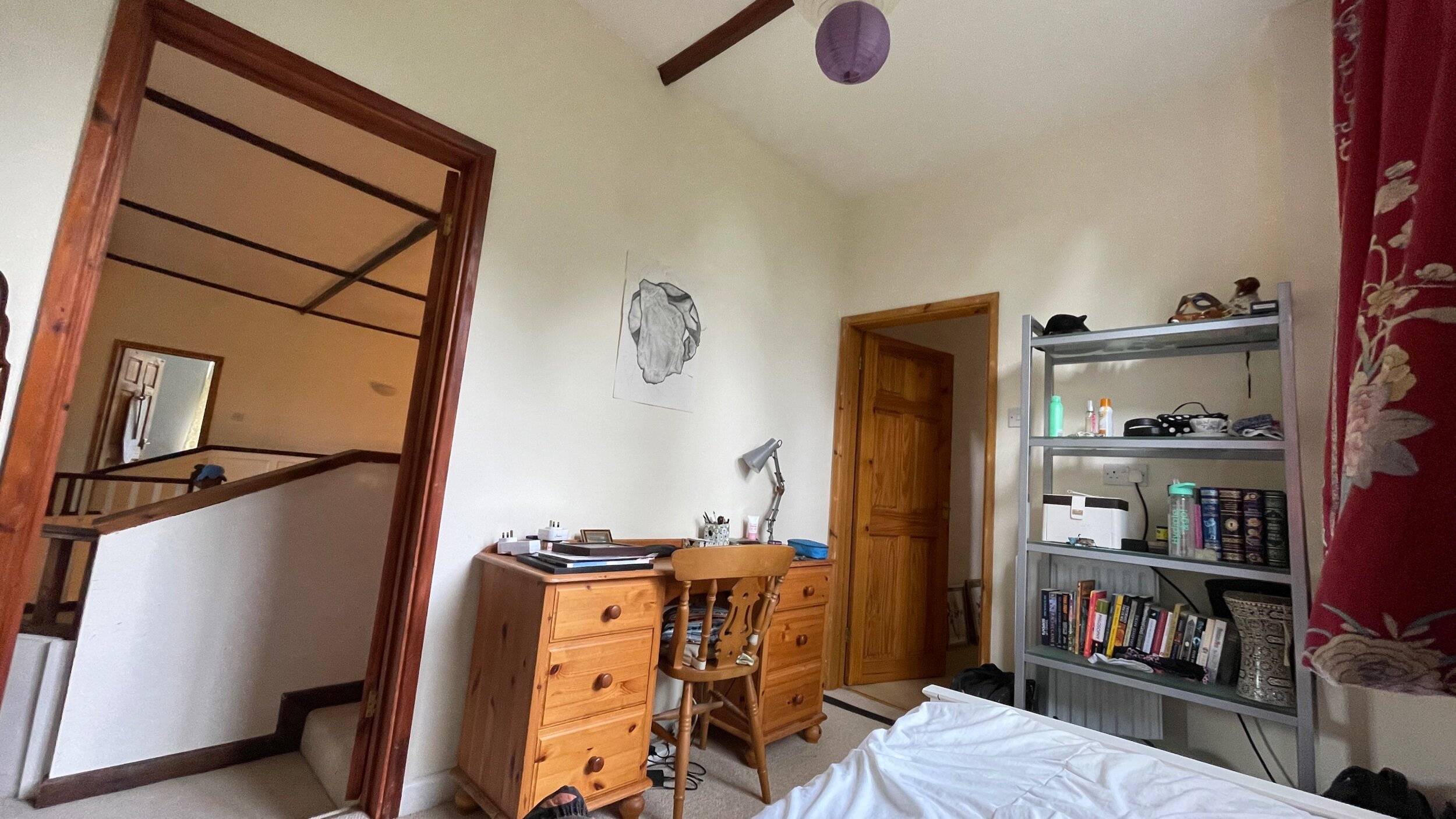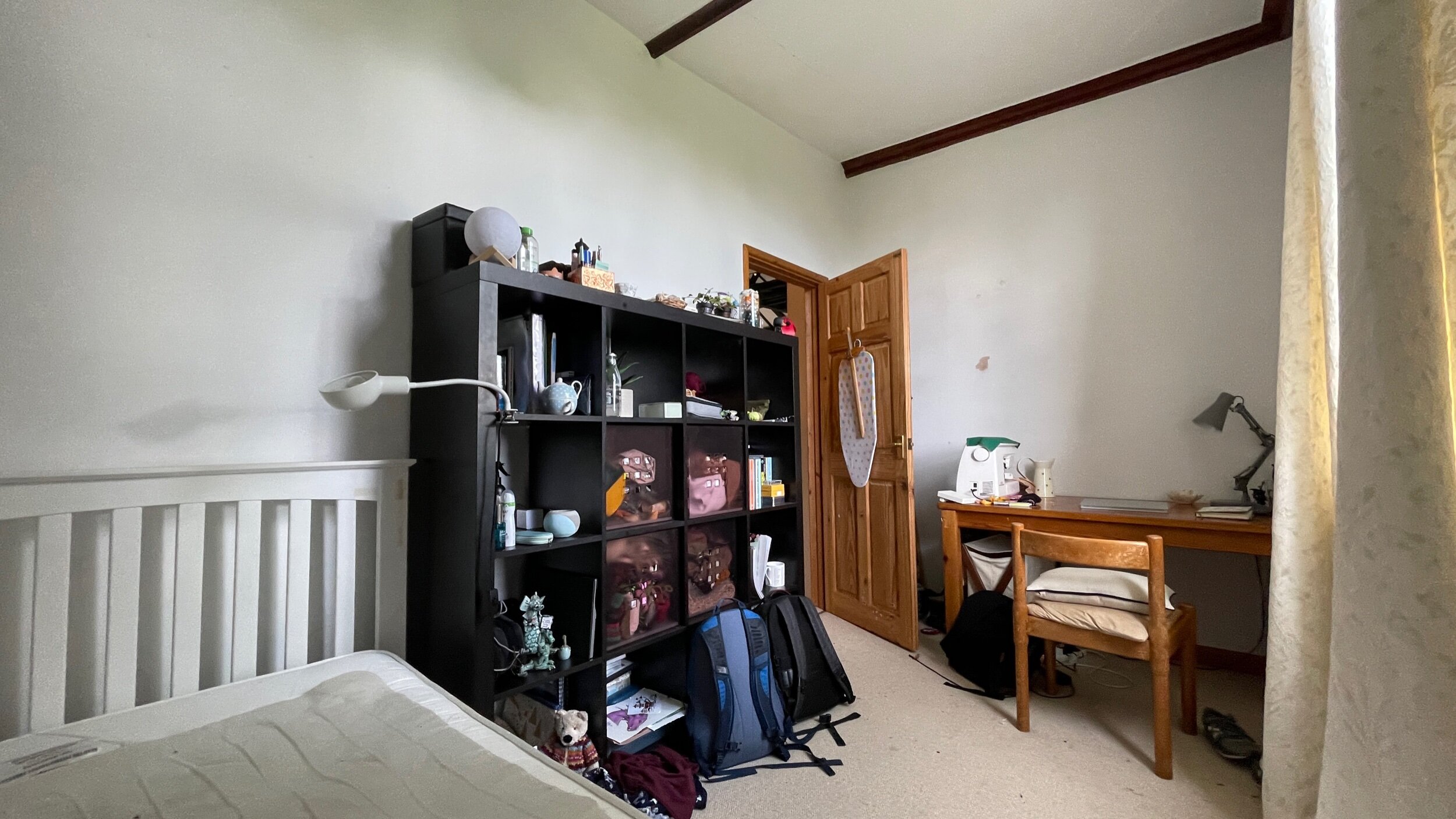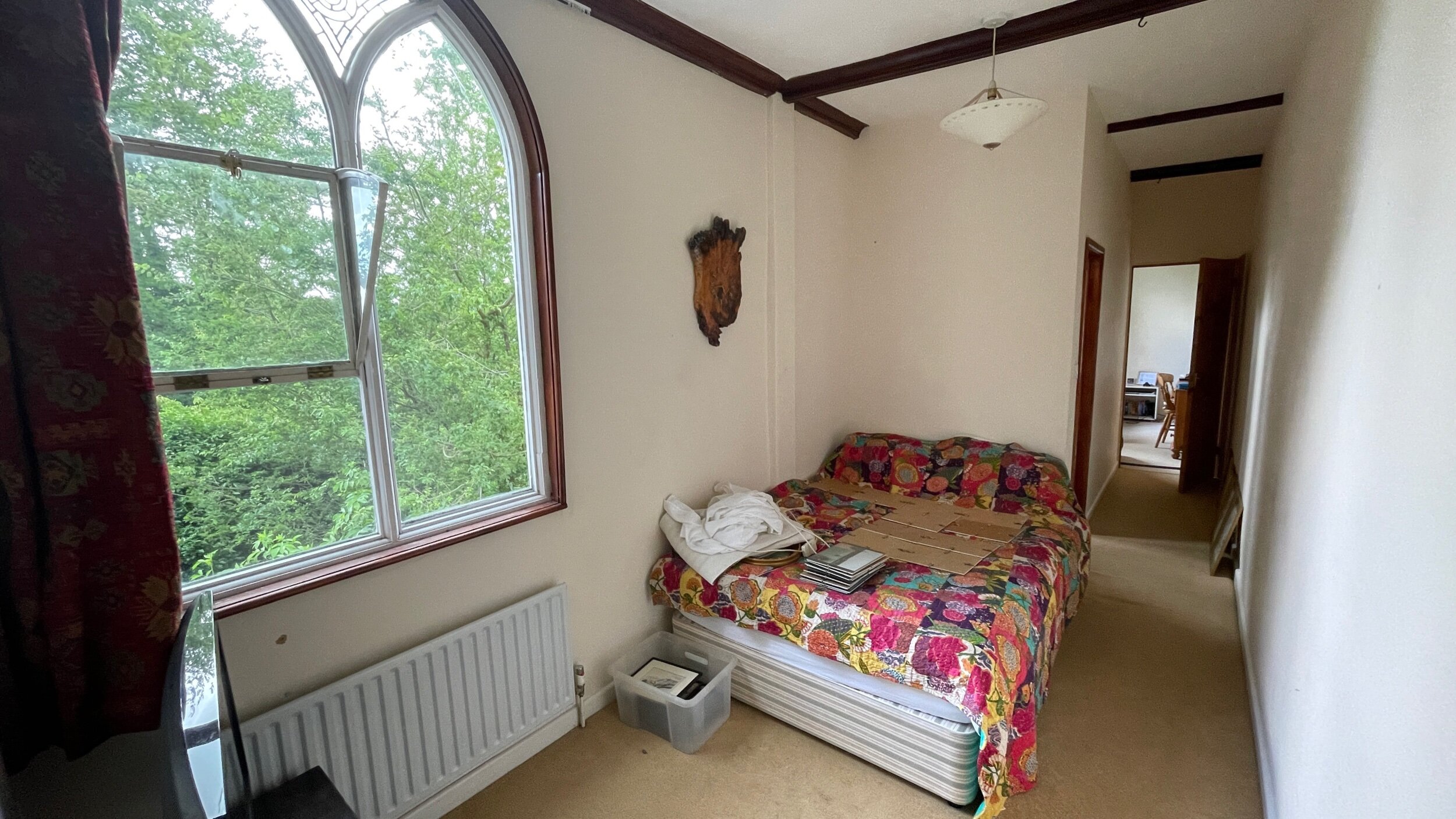While SARS-CoV-2 spreads across the globe with each case going on to infect between 1.4 and 3.8 other individuals[i], another viral infection first observed in Belgium[ii] is spreading with an R0 many orders of magnitude greater – with some going on to infect millions of others.
The conspiracy theory baselessly connecting the rollout of the 5G network with SARS-CoV-2 first appeared at the end of January and now yields half a billion Google search results for “5G coronavirus”, countless retweets, shares, and likes across social media platforms, and 1.3 million YouTube results some having views in the millions. Traditional media too are now presenting the theory as at least borderline credible[iii], and many mobile phone masts have been vandalized, often not yet 5G-enabled, damaging the ability of people including key-workers to stay connected during the lockdown. A “Rapid Response Unit” has been established to identify and counter misleading claims as part of the Department for Digital Culture, Media and Sport’s Counter Disinformation Cell[iv] - analysing how such misinformation is spreading - and people are being asked to only share material known to be credible.
None of this is new. Since The Selfish Gene in 1976, the idea of virally replicating ideas has been widely known, with “to go viral” being added to the Oxford English Dictionary fifteen years ago[v]. Similarly social media platforms such as Facebook and Twitter and other platforms with social sharing capability such as YouTube have been wrestling with both whether and how to address the runaway spread of misinformation and the polarization of extreme views and groups for a long time, and they are agonizingly familiar with the practical and ethical dilemmas that this yields. Whether or not the platforms or the users are responsible for content, identifying “fake news” would need to begin with a tight and non-partisan definition – already enormously problematic – and either considerable manpower or automation beyond our current capabilities to capture and invalidate or delete those posts. That is, a virus of harmful misinformation requires a valid and reliable test to identify it, an effective cure or quarantine, and a system to support that. It is not going to happen.
For SARS-CoV-2 while wider-testing and possible-vaccination exists only in our future, we have learned the demonstrably beneficial effects of social distancing. We do not know if we have it, we do not know who else has it, and we do not want it, so we maintain a distance of two metres, we stay at home, we wear masks, we do not touch our faces, we sneeze into our elbows. With any viral misinformation such as the 5G coronavirus conspiracy theory, its R0 is the speed and extent to which it is retweeted, shared and liked, and the only achievable way of reducing that is the social media equivalent of social distancing. It is easy to read a post, feel urged to share it as a result of genuine concern, outrage, disaffection, or identification and to just click to share it. Social media distancing would be any measure making that snap decision to share or retweet slower or more considered - for example, by requiring the user to re-enter their password, or to solve a Captcha, or to wait thirty seconds before the share button becomes active. The increased friction of such distancing would mitigate to some extent the casual, relatively thoughtless, or outrage-driven quick-shares, while continuing to allow anybody to share anything – only now in the context of just a moment’s thought. Importantly it would require no judgment on the part of the platforms as to what constituted dangerous, manipulative, or misleading information, with no problems of censorship, and no manpower. Nobody’s freedom of speech would be constrained. All that would be needed would be a simple redesign of the platform’s user interface. While weaponized troll-farms would continue in their efforts to subvert our lives by uploading polarizing and wrath-inducing posts on social media, those posts would survive just one posting-generation before hitting the mask and gown of the platforms’ social media distancing protocols. The R0 is reduced and social media gains a renaissance as a less divisive net good.
The platforms may balk at this. After all, our likes, retweets, shares and so on constitute data about us that can be monetized. However how much richer would be data derived from sharing actions borne of increased consideration, that we personally consider to be more valuable, compared to our current storm of relatively random clicks?
Social media distancing is the only workable solution to the pandemic of viral misinformation - Its cost minimal, but its benefit global.
[i] Riou J, Althaus CL (January 2020). "Pattern of early human-to-human transmission of Wuhan 2019 novel coronavirus (2019-nCoV), December 2019 to January 2020". Eurosurveillance. 25 (4). doi:10.2807/1560-7917.ES.2020.25.4.2000058. PMC 7001239. PMID 32019669.
[ii] https://twitter.com/NWOforum/status/1223870765893857281
[iii] https://www.theguardian.com/commentisfree/2020/apr/14/eamonn-holmes-5g-coronavirus
[iv] https://www.gov.uk/government/news/government-cracks-down-on-spread-of-false-coronavirus-information-online
[v] https://public.oed.com/updates/new-words-list-june-2005/
